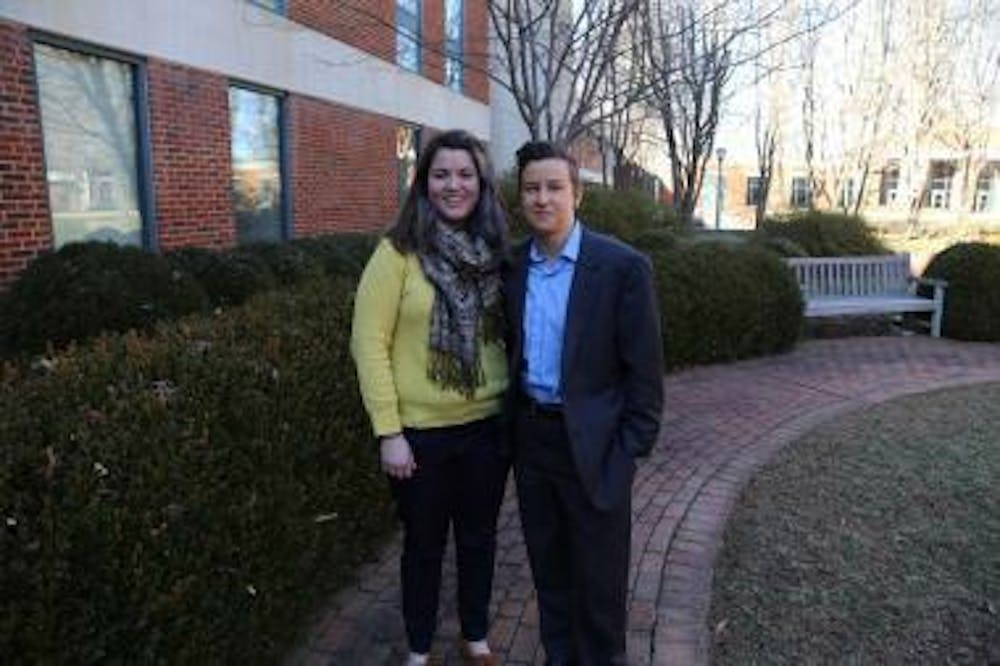University Law student Meryem Dede and Class of 2013 Law graduate Kim Rolla recently completed advocacy work in Charlottesville, providing legal assistance to public housing residents in an effort to reform regulations regarding eviction.
Rolla — the 2013 recipient of the Law School’s Powell Fellowship for Legal Services — utilized the funding given by the fellowship to complete her proposed legal public service project.
Dede and Rolla’s two-year campaign project began with their involvement in the University’s Litigation and Housing Law Clinic, which acts in conjunction with the Legal Aid Justice Center — an organization that provides free legal and civil services to low-income individuals where Rolla is a practicing attorney. Run by the Charlottesville Public Housing Association of Residents, the campaign also received assistance from the Legal Aid Justice Center.
The project culminated in January as the Charlottesville Redevelopment and Housing Authority formally adopted amendments to its eviction policies to position eviction as a last resort for residents who develop conflict or break rules or regulations of the Housing Authority.
The formal amendments were the codification of previously held practices at the Authority in their efforts to lower the rate of evictions from public housing in Charlottesville. Rolla explained the significance of codifying these changes into law and specifically praised the residents in PHAR who motivated the changes to occur.
“This was a resident-led initiative,” Rolla said. “Our action was guided by resident interest.”
Dede echoed her sentiments on the involvement of the residents in PHAR and their motivation to fight until results materialized.
“While Kim Rolla and I did legal background and advocacy work on this project, the real troopers and the people that really deserve accolades are public housing residents,” Dede said in an email.
CRHA Executive Director Constance Dunn distinguished Rolla and the Legal Aid Justice Center team as an outside lobby group and credits her staff for going “above and beyond” their duties in order to avoid evictions and keep the residents within the bounds of the regulations and requirements of the housing authority. Since Dunn’s arrival in 2012, the number of annual evictions fell 80 percent from 10 to two in 2014.
Dunn also said since the Charlottesville Housing Authority is bound to the requirements produced by the United States Department for Housing and Urban Development — which provides funding to municipal housing authorities — eviction must still be levied if a resident fails to follow the requirements of a lease.
“Residents will ultimately be evicted if they don’t comply with HUD regulations,” Dunn said. “If they can’t clear up tax returns, we have no choice but to evict them.”
Regardless of who deserves the credit for producing the amendments, Rolla expressed reverent satisfaction for the work that was done, and considered the process a great success.
“Our line is that this was a win-win,” Rolla said.







